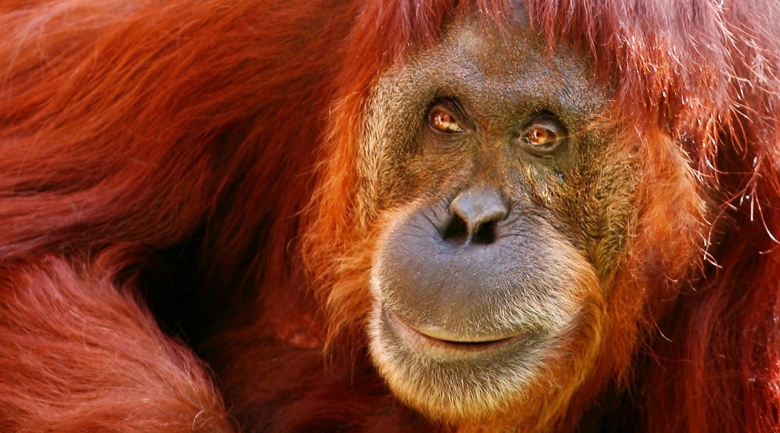
Great apes, humans’ closest relatives, are nearing extinction and people should fear losing the biological knowledge that would die along with them, a primatologist says.
Craig Stanford, co-director of the Jane Goodall Research Center at the University of Southern California, says that four types of great apes — chimpanzees, bonobos, gorillas and orangutans — may become extinct within the next century.
In his new book, Planet Without Apes, Stanford writes that this is a result of habitat loss, poaching, a bush meat black market, disease and political instability.
In an interview that airs Saturday on CBC’s Quirks & Quarks, he says humans share the majority of their DNA sequence with great apes, specifically chimpanzees and bonobos, with only a handful of differences in their genetic makeup.
"We’re obviously made of the same fabric," he said. "We’re made of the same cloth, and when we look at them, we are seeing ourselves."
Losing the great apes would also mean losing the opportunity to learn more about humans.
